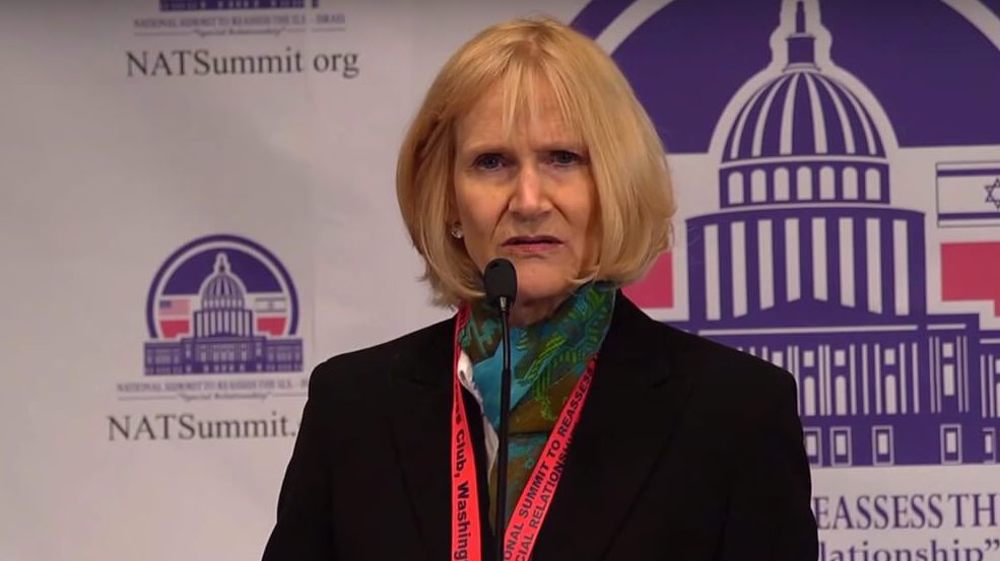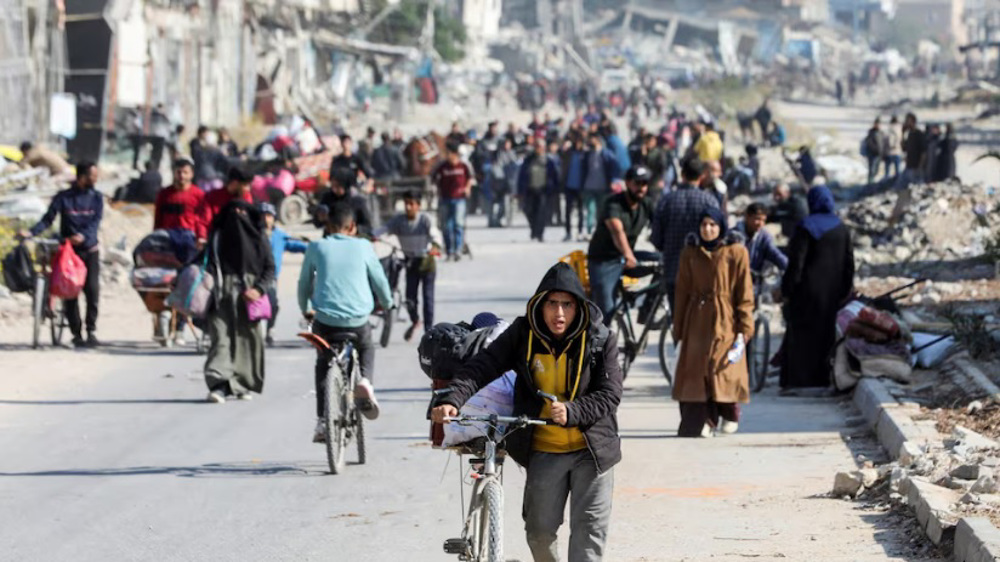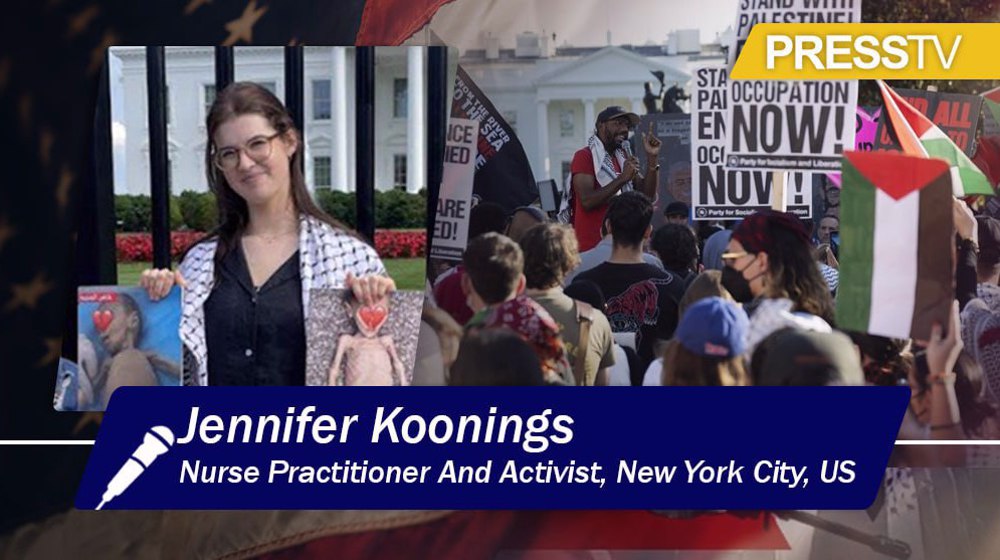UN to examine US police brutality, human rights records
The UN Human Rights Council will turn the spotlight on the US human rights records amid a series of unrest in the country over the deaths of several African Americans.
US ambassador to the council Keith Harper and acting US legal advisor Mary McLeod are expected to face a range of questions at the so-called Universal Periodic Review on Monday.
The half-day public debate which occurs every four years in Geneva is likely to focus on a number of high-profile incidents of white police officers killing unarmed African-American men, with the most prominent case being Michael Brown, an 18-year-old who was fatally shot in Ferguson, Missouri, last year.
Brown’s death sparked mass protests across the United States after a grand jury in St. Louis decided not to indict the officer on state charges, saying he would not be indicted and he would not even face charges for the killing.
The killings of several other unarmed black men by white police officers in recent months and decisions by grand juries not to indict the officers also triggered large-scale protests across the country.
The death of black Freddie Gray on April 19, a week after an encounter with police that left him with grave spinal injuries, provoked massive anti-police brutality protests and riots not only in Baltimore but also in other US cities.

“The world will be asking hard questions of a country that considers itself a human rights champion," said Jamil Dakwar, head of human rights at the American Civil Liberties Union (ACLU).
How the US delegation responds to questions on a multitude of issues could mark "the last opportunity for the Obama administration to shape the human rights legacy of the president," he added.
Diplomats from 193 UN countries will also raise questions about widespread incarceration of undocumented immigrants, their conditions in prison as well as the continued use of the death penalty.
The issue of US mass surveillance systems would also be reviewed during the event.
“The US has little progress to show for the many commitments it made during its first Universal Periodic Review," said Antonio Ginatta, US advocacy director at Human Rights Watch.
He stressed that diplomats would "press the US on mass surveillance, police violence and detention of migrant families," noting that "the US should take the opportunity to make a serious commitment to roll back these abusive practices".
Also among the agenda to be discussed is the US records on addressing its "war on terror" legacy, including alleged CIA torture and Washington's failure to close the Guantanamo Bay prison in Cuba.
Obama had promised to close the prison before his election in 2008, citing its damage to the US reputation abroad.
SB/AT
Diplomat discourages recourse to pressure, intimidation, confrontation against Iran
UN: 2024 deadliest year for aid workers amid genocide in Gaza
Gaza health official warns of hospital shutdowns within 48 hours
Israel kills 5 more paramedics in southern Lebanon: Health ministry
Iran to launch ‘new, advanced’ centrifuges in response to IAEA resolution: AEOI
Yemen fires hypersonic missile at Israeli airbase
VIDEO | New Delhi chokes under toxic smog as air quality remains at hazardous levels
VIDEO | Press TV's news headlines










 This makes it easy to access the Press TV website
This makes it easy to access the Press TV website